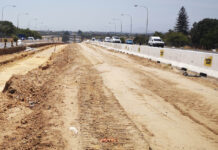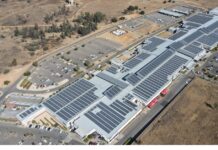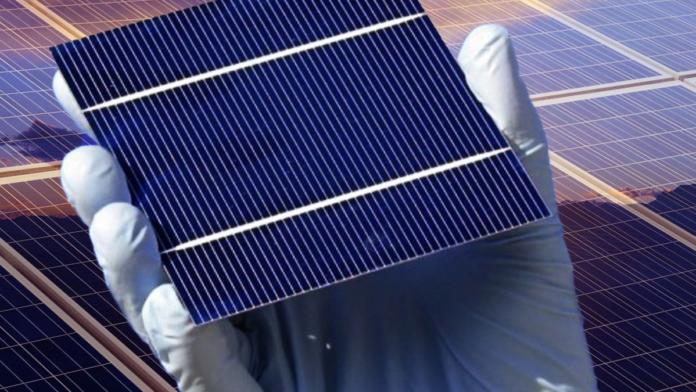While there is not yet an exact figure to estimate how many Capetonians now utilise solar power, the City acknowledges the increase. It is is able to determine if there are solar systems powering a home by making use of aerial footage.
“Over the past three years, and particularly more recently, we have seen a marked increase in the number of solar PV systems in the metro. Aerial surveys allow us to locate all rooftop solar systems and identify which systems are registered,” Phindile Mxiti, City Mayco Member for Energy and Climate Change said to IOL.
According to Mxiti, both the City and Western Cape Government have made an effort to simplify the application process for residents.
“The City’s main role is to stimulate, mainly through communication and awareness, the uptake of solar panels, while also enforcing the law where applicable by ensuring that small-scale embedded systems that need to be registered are registered,” he said.
What many do not realise is that there are very strict by-laws and regulations that solar implements have to abide by. The Western Cape Government advises residents to take note of how the cost of a solar implement is determined.
It is determined by the following – an inverter, the solar panels, and the balance of system costs including installation , project development and commissioning. “The equipment components of the solar PV system make up the majority of the overall cost, with the solar panels and the inverter accounting for almost 80% of total costs. The installation, commissioning and project development account for the remaining 20%,” it said.
“Off-grid systems must also be registered with the City to ensure they are not mistaken for grid-tied systems,” the City added. “The electricity generated by the PV system is used on the property. Excess electricity generated from the system is fed back into the electricity grid – you may receive credit from the City.”















